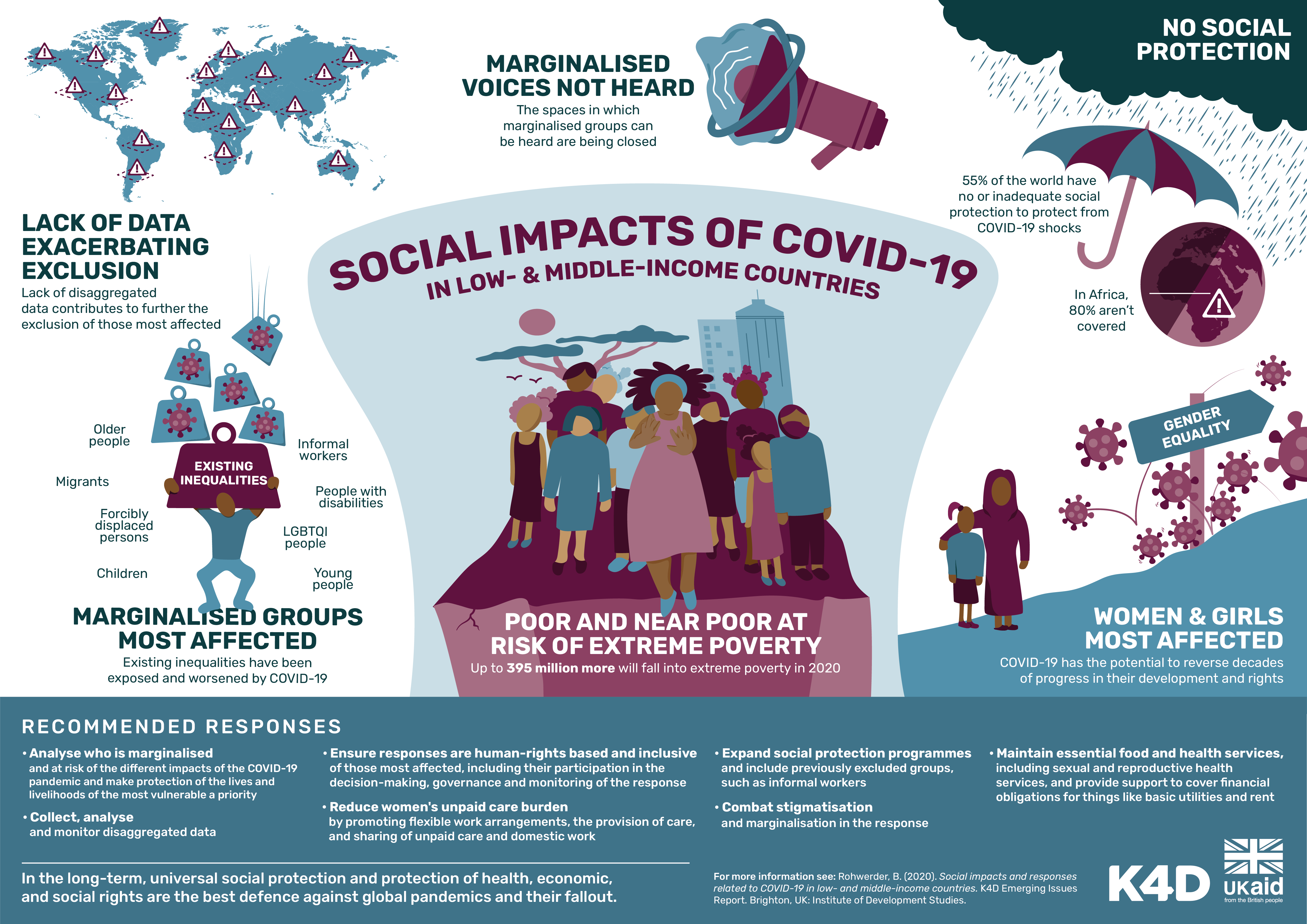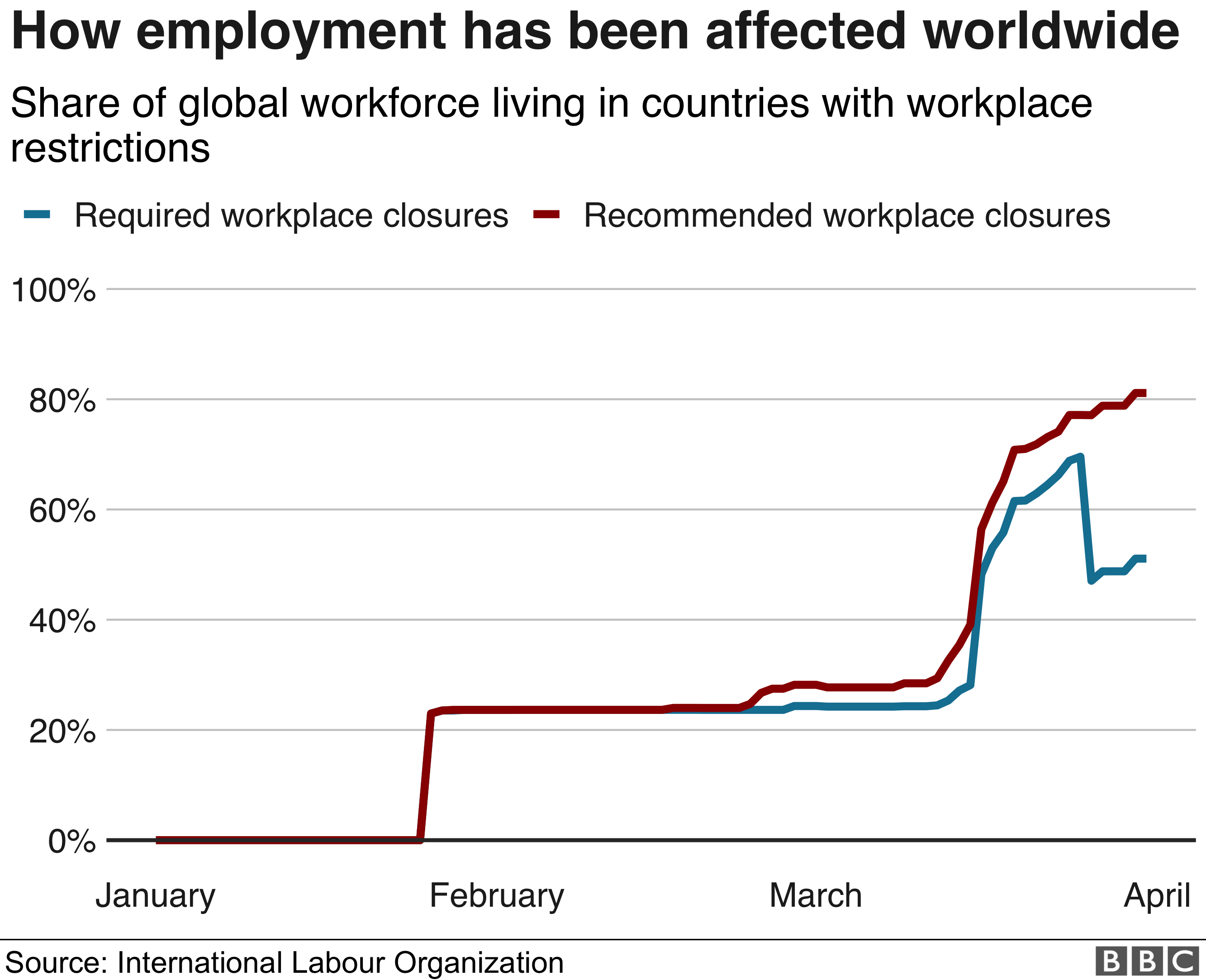Is Real-Time Global Tracking of the COVID-19 Pandemic Valuable? Absolutely!
Editor's Notes: "COVID-19 Pandemic: Real-Time Global Tracking" have published today date because It provides critical information for understanding the spread and impact of the virus, assisting in the development of effective public health interventions and policies.
After gathering, analyzing, and interpreting information, aggregating global data, we made COVID-19 Pandemic: Real-Time Global Tracking to help professionals, researchers, policymakers, and the general public to make informed decisions about the containment and mitigation of the COVID-19 pandemic.
| Feature | Benefit |
|---|---|
| Up-to-date information | Enables informed decision-making and timely response to the pandemic |
| Global perspective | Provides a comprehensive understanding of the pandemic's spread and impact |
| Identification of hotspots | Assists in targeting public health interventions and resource allocation |
| Monitoring of trends | Facilitates the evaluation of the effectiveness of containment measures |
| Data-driven policymaking | Supports evidence-based decision-making for pandemic management |
FAQ
This FAQ section provides answers to common questions and addresses misconceptions regarding the COVID-19 pandemic, as tracked in real-time through COVID-19 Pandemic: Real-Time Global Tracking.

The defining photos of the pandemic — and the stories behind them - Source edition.cnn.com
Question 1: What is the current global situation of the COVID-19 pandemic?
Question 6: How can I stay informed about the latest developments in the pandemic?
Remember to prioritize credible sources of information and follow recommended guidelines to stay safe and informed during the pandemic.
For more detailed and up-to-date information, please refer to reputable sources such as the World Health Organization (WHO) and your local health authorities.
Tips for COVID-19 Prevention and Preparedness
To mitigate the spread of the COVID-19 virus and protect public health, it is crucial to adhere to established guidelines. The tips outlined below provide practical advice for staying informed, reducing transmission, and maintaining well-being during this unprecedented global pandemic.
Tip 1: Stay informed from credible sources.
Obtain accurate and up-to-date information from reputable organizations, such as the World Health Organization (WHO) or national public health agencies. Avoid relying on unverified sources or spreading misinformation, which can lead to panic and impede effective response efforts.
Tip 2: Practice regular hand hygiene.
Wash your hands frequently with soap and water for at least 20 seconds, especially after using the restroom, blowing your nose, before eating, and after touching public surfaces. If soap and water are unavailable, use an alcohol-based hand sanitizer with at least 60% alcohol content.
Tip 3: Maintain social distancing.
When in public, maintain a physical distance of at least 6 feet (2 meters) from others. Avoid large gatherings and crowded places. If possible, engage in social interactions virtually or outdoors where there is better air circulation.
Tip 4: Wear a face mask in indoor public settings.
Wearing a well-fitting face mask helps reduce the transmission of respiratory droplets that may contain the virus. Ensure that the mask covers both your nose and mouth securely and fits snugly against your face.
Tip 5: Get vaccinated and boosted.
Vaccination against COVID-19 is the most effective way to protect yourself and others from severe illness and hospitalization. Stay up-to-date with recommended vaccine schedules, including booster doses, as they become available.
Tip 6: Monitor for symptoms and self-isolate if necessary.
Be aware of the common symptoms of COVID-19, such as fever, cough, shortness of breath, and fatigue. If you experience any symptoms, self-isolate immediately and seek medical attention as directed by local health guidelines.
Tip 7: Maintain a healthy lifestyle.
A healthy immune system is essential for fighting off infections. Engage in regular physical activity, eat a nutritious diet, and get adequate sleep. These habits support overall well-being and may reduce the risk of severe COVID-19 outcomes.
Tip 8: Seek mental and emotional support.
The COVID-19 pandemic has had a significant impact on mental health and well-being. If you are experiencing anxiety, stress, or depression, reach out for support from family, friends, a therapist, or a mental health hotline. Maintaining emotional resilience is crucial during this challenging time.
These tips serve as a guide to help you navigate the COVID-19 pandemic effectively. By following these guidelines, you can protect yourself, your loved ones, and your community while contributing to the global fight against this infectious disease.
COVID-19 Pandemic: Real-Time Global Tracking
Tracking the COVID-19 pandemic in real-time is crucial for understanding its spread and impact, enabling effective response measures and informed decision-making. Here are six key aspects involved in this process:
- Data Collection: Gathering data from multiple sources, including official reports, surveillance systems, and community surveys.
- Data Analysis: Analyzing collected data to identify patterns, trends, and geographical distribution of cases.
- Visualization: Presenting data through interactive maps, charts, and dashboards, enabling easy comprehension and communication.
- Forecasting: Predicting the trajectory of the pandemic based on historical data and modeling techniques.
- Alerting: Triggering notifications and alerts to relevant stakeholders when predefined thresholds are met, enabling timely interventions.
- Collaboration: Sharing data and insights with researchers, governments, and international organizations for coordinated efforts.
These aspects work together to provide a comprehensive picture of the pandemic's evolution. By monitoring case numbers, geographic spread, and trends, real-time global tracking helps governments allocate resources, enact containment measures, and develop vaccines and treatments. It also allows individuals to understand the risk in their communities and make informed decisions about their health and safety.

When should a COVID-19 nursing home death get counted? - Source www.usatoday.com

Social Impacts and Responses Related to Covid-19 in Low- and Middle - Source www.ids.ac.uk
COVID-19 Pandemic: Real-Time Global Tracking
The COVID-19 pandemic has had a profound impact on the world, affecting every aspect of life. One of the most important tools in the fight against the pandemic has been real-time global tracking of the virus. This tracking has helped to identify hotspots, monitor the spread of the virus, and develop effective containment measures.

新型ウイルス、世界の労働者の8割に打撃 2億人が失業も - BBCニュース - Source www.bbc.com
Real-time global tracking of the COVID-19 pandemic has been made possible by the development of sophisticated surveillance systems. These systems collect data from a variety of sources, including government health agencies, hospitals, and commercial laboratories. The data is then analyzed and used to create maps and charts that show the spread of the virus over time.
This information has been critical in helping to inform public health policy. By understanding where the virus is spreading and how quickly, governments have been able to implement targeted containment measures, such as lockdowns and travel restrictions. Real-time global tracking has also helped to identify vulnerable populations, such as the elderly and those with underlying health conditions, so that they can be protected.
In addition to its public health benefits, real-time global tracking of the COVID-19 pandemic has also had a significant economic impact. By providing businesses with up-to-date information on the spread of the virus, they have been able to make informed decisions about their operations. This has helped to minimize the economic disruption caused by the pandemic.
Real-time global tracking of the COVID-19 pandemic has been an essential tool in the fight against the virus. It has helped to save lives, protect vulnerable populations, and minimize the economic impact of the pandemic. As the pandemic continues, real-time global tracking will continue to be a vital tool in the effort to bring it under control.
